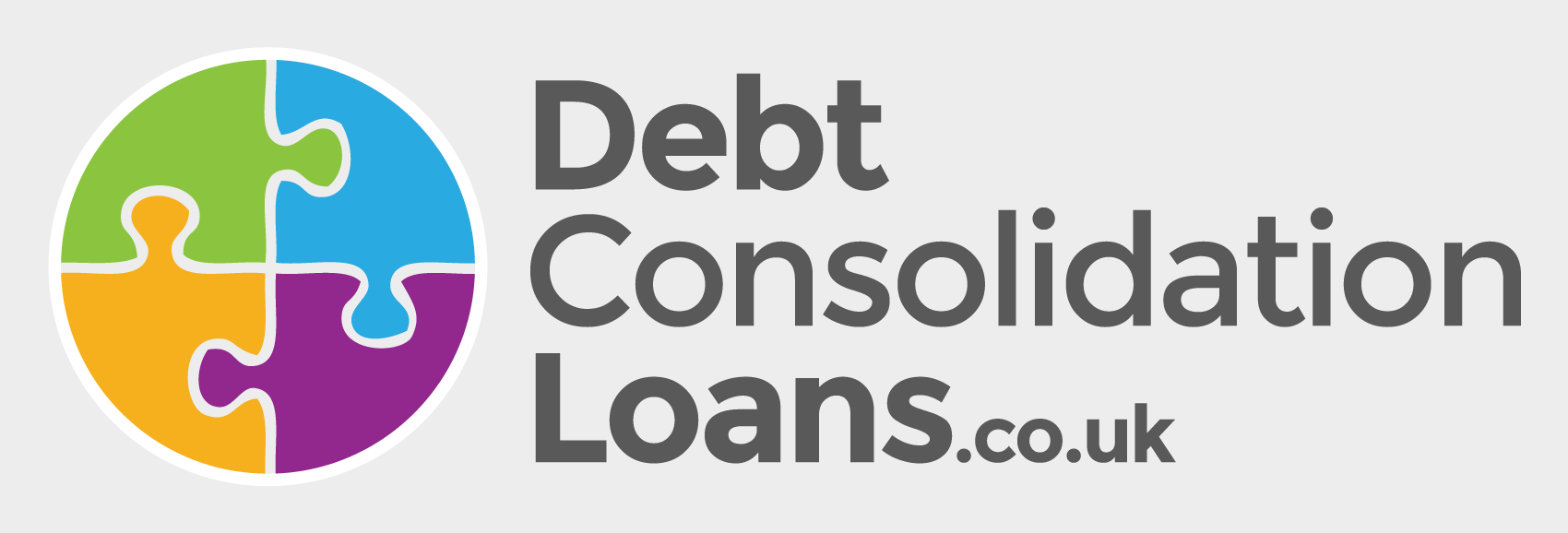“A new generation of young people are starting out with stifling levels of debt”, warns Citizens Advice chief executive Gillian Guy, as a revealing report indicates that over 100,000 individuals aged 17 to 24 have sought help from Citizens Advice regarding their debt challenges this past year.
The insightful report “Unsecured and insecure?” delves into “the UK’s staggering amount of unsecured personal debt and its impact on individuals’ daily lives”. While young people are significantly affected, it is also evident that single households and individuals with limited assets are experiencing similar challenges. The alarming trend shows that unsecured debt is escalating at a rate surpassing both secured debt and income growth.
Currently, the average debt-to-income ratio for young individuals stands at nearly 70%, a stark contrast to the 34% ratio observed in those aged 25 to 29, and a mere 11% for individuals aged 60 to 64.
Understanding Youth Debt: Key Statistics and Insights
Today’s youth are grappling with an average unsecured debt level of £12,215. This demographic is disproportionately burdened with debts related to phone and broadband services, alongside severe financial challenges such as Debt Relief Orders and outstanding Magistrate’s Court fines.
It’s important to note that student loans constitute only 45% of the recent surge in debt among the youth. The remaining debt primarily stems from traditional bank loans, payday loans, and informal borrowing from friends and family.
According to Citizens Advice, there has been a significant decrease in the number of payday loan-related issues, dropping to half of what was reported in the first quarter of 2015. This positive change reflects the payday loan industry’s efforts to reform practices. However, the downside is that individuals are increasingly resorting to alternative borrowing methods, such as high-cost credit options, logbook loans, and guarantor loans, which can lead to deeper financial troubles.
The majority of unsecured borrowing currently occurs through credit cards or personal loans; however, the shift in borrowing patterns is concerning. Many individuals are falling behind on essential payments, including council tax, indicating a broader struggle with financial management. Those who effectively manage their finances typically prioritize critical bills, and falling behind on payments suggests that they might be facing overwhelming financial pressures.
Considering these challenges, a debt consolidation loan may provide a viable solution for many.
Explore More: Related Articles for Financial Awareness
 Is Debt Consolidation Only For Big Debts: Debunking the Myth
Is Debt Consolidation Only For Big Debts: Debunking the Myth
Is Debt Consolidation Only For Big Debts: Debunking the Myth
 Debt Consolidation Loans for Unemployed People: A Guide
Debt Consolidation Loans for Unemployed People: A Guide
Debt Consolidation Loans for Unemployed People: A Guide
 Debt Consolidation and Credit Utilisation Hacks: UK Strategies
Debt Consolidation and Credit Utilisation Hacks: UK Strategies
Debt Consolidation and Credit Utilisation Hacks: UK Strategies
 Budget-Friendly Tips for a Festive Christmas
Budget-Friendly Tips for a Festive Christmas






